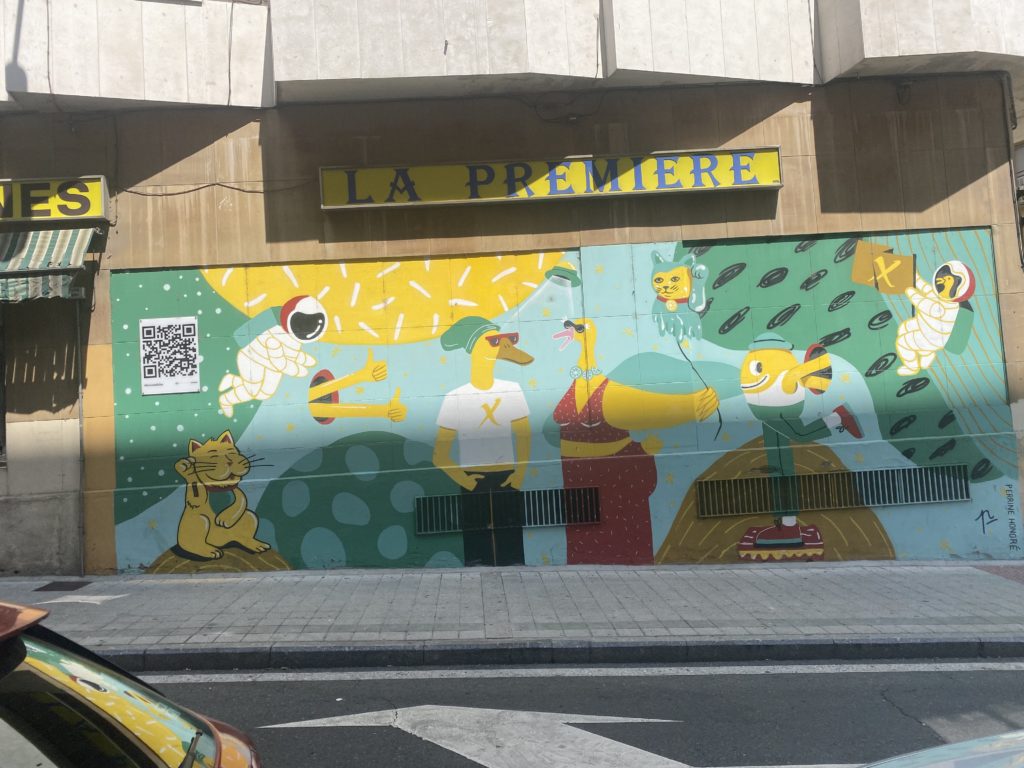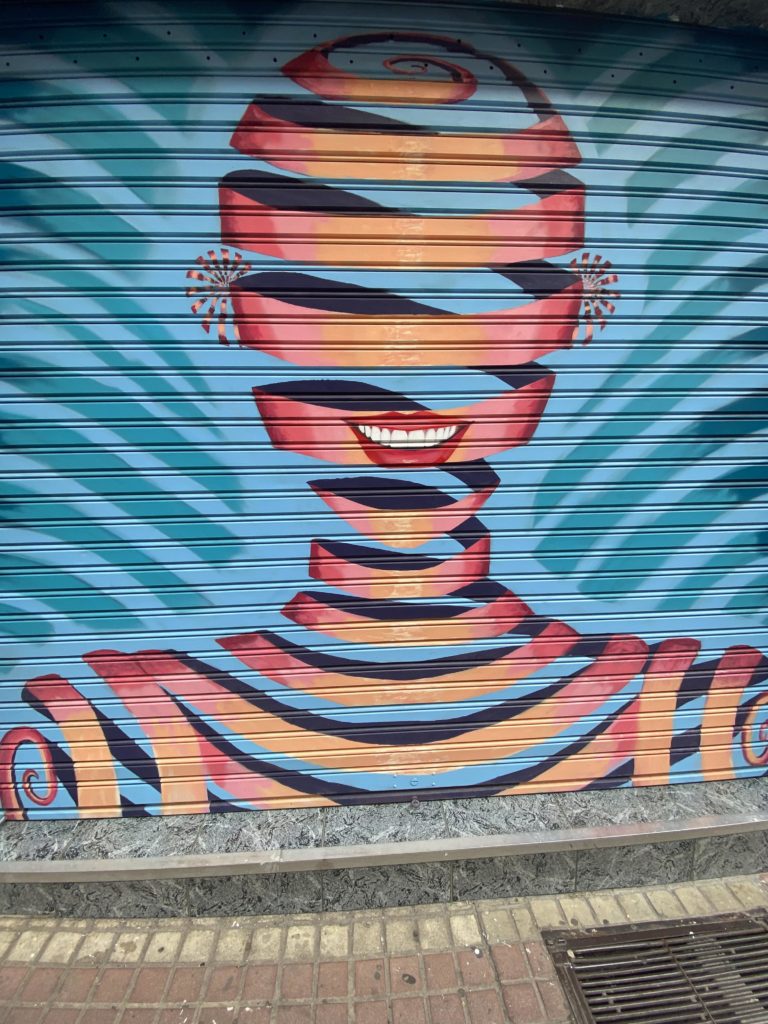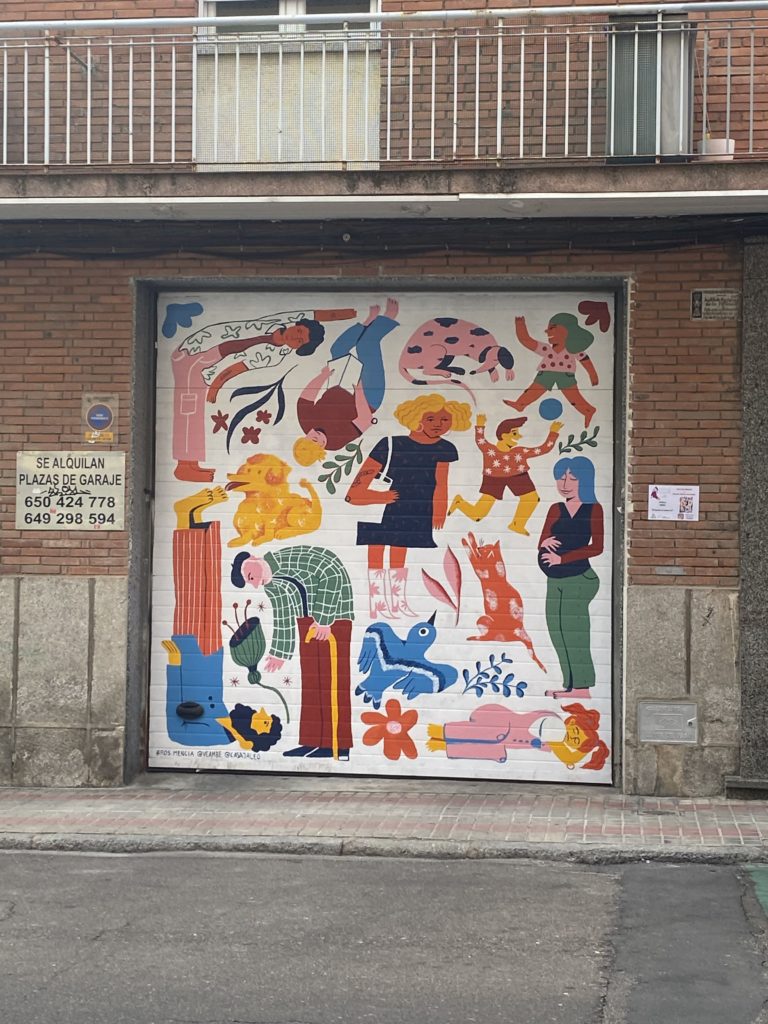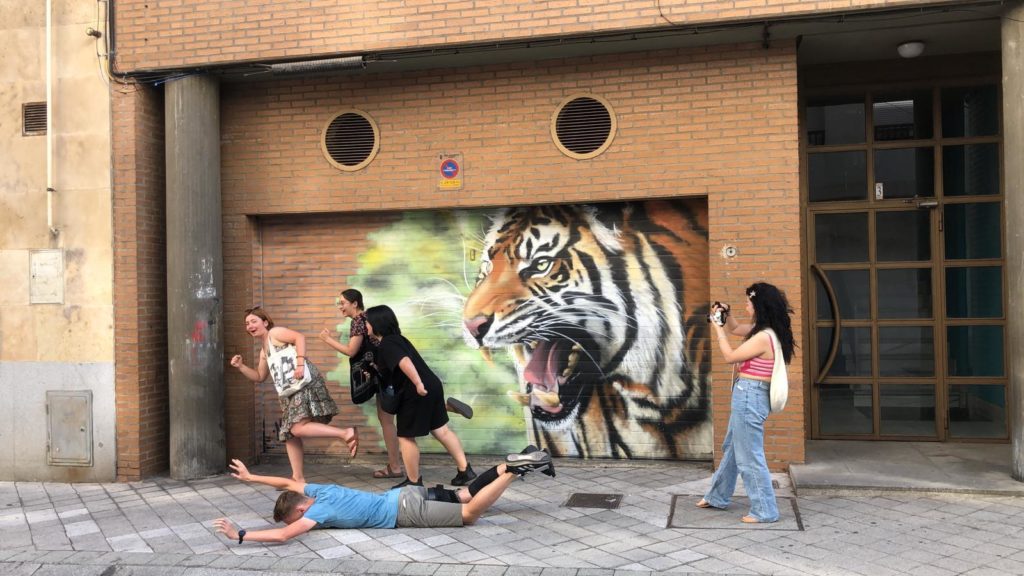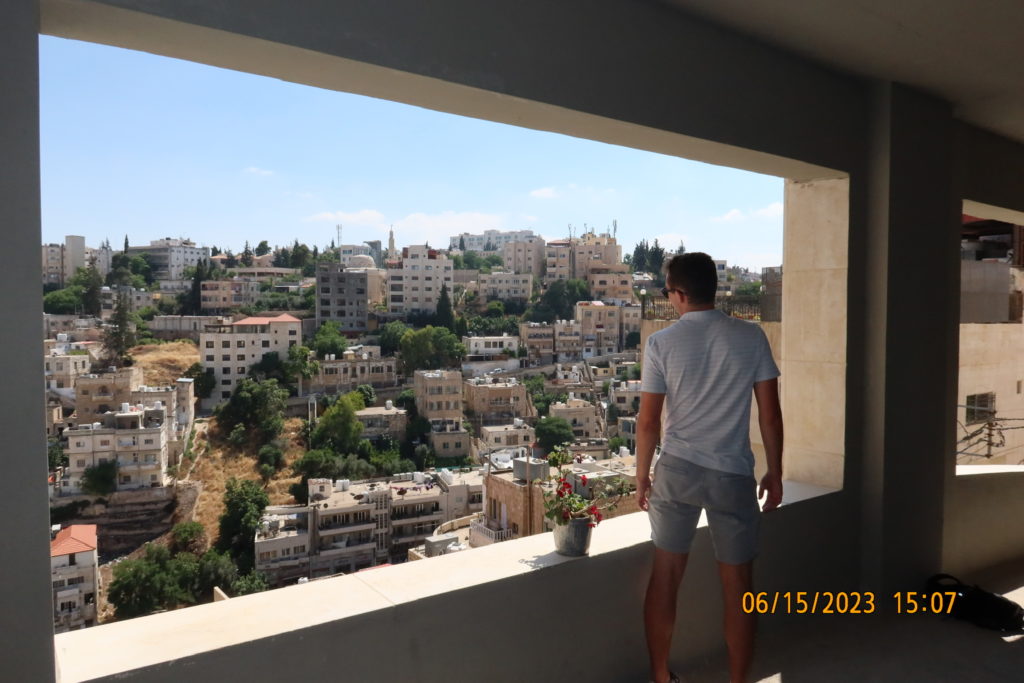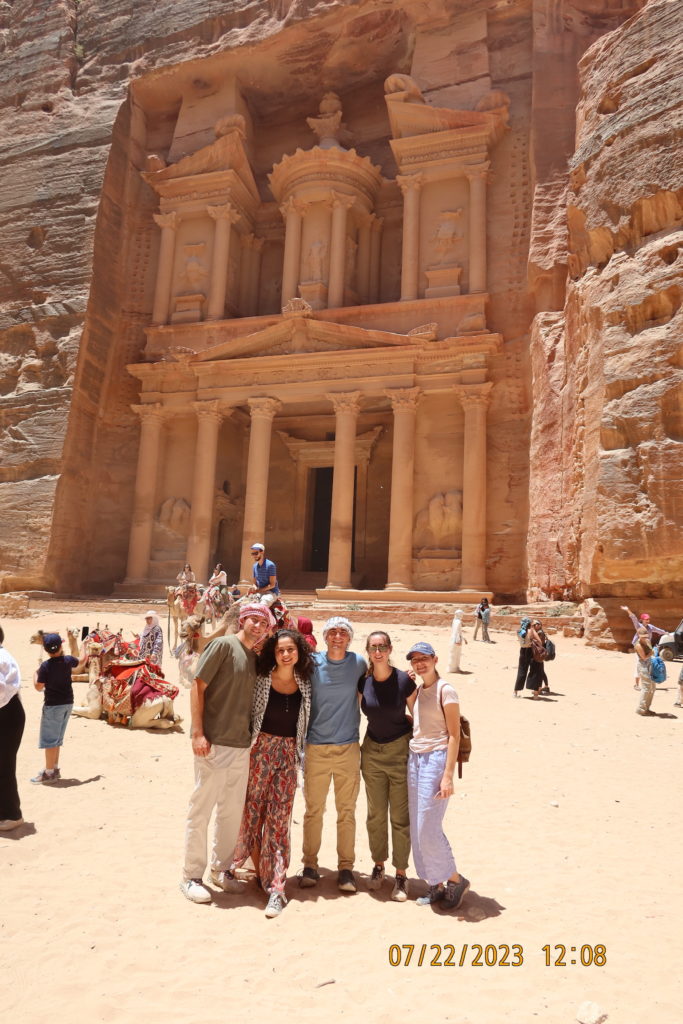
Nice and late, but here goes my last blog post. Looking back I have a lot to be grateful for with the opportunity to take classes and live in San José, Costa Rica. This SLA experience not only prepared me for my field research, it gave me riches in both my academic life and my personal life. Academically, I took two great classes. One refined my Spanish speaking and grammar, while the other fed my interest in Afro-Caribbean histories. In terms of my personal life, I found my older brother (which I’ve never had) and a second mother in my host family, Angelita and Leo. They embraced me into every aspect of their lives, taking me to mass, on errands, to the gym, to meet their larger family, and to neighborhood parties. All the while they have been interested in building me up as a person/student and hearing where my research leads me. This opportunity prepared me for research in other ways too. I had to befriend the humble, quiet little spiders in their home before I could deal with the MONSTERS I encountered in the rainforest during my research. But in all seriousness I am grateful for the ways in which the SLA opportunity has thoroughly enriched my life and career.
I would say that I met and exceeded my goals for intercultural development. I never expected the multicultural reality that is Costa Rica. I met people from Jamaica, Italy, Poland, the Netherlands, Mexico, Venezuela, Panama, Argentina, South Africa, Tanzania, and the US, all under this common name of “Costa Rican.” We talked about shared forms of resilience and what humanity needs to reach for next. After taking the two IDI tests and analyzing our responses, I realize that it is often more complicated than putting labels on cultures. It’s difficult to say that this cultural group is more xyz than that cultural group because individuals are so diverse even within a specified culture. I exceeded my goals but not in a complacent sort of way, more in a way that shows me that I’m obsessed with this lifestyle and frame of mind. I’d like to be ever-growing, ever-changing with the diverse perspectives around me. I don’t think I’ll ever be done exposing myself to new perspectives around the world, and we’ll see where that interest takes me after I graduate from here.


